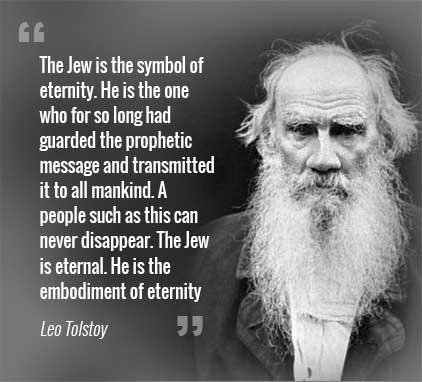 Replacement Theology, or “The Elephant in the Room'” (aka “The Snake in the Garden”)
Replacement Theology, or “The Elephant in the Room'” (aka “The Snake in the Garden”)
Replacement Theology is one topic I wish I did not have to address.
No other people group needs to consider being replaced besides the Jews.
In fact, the story itself has landed in the lap of Jewish or Messianic Believers to address because so few others have done so in years gone by.
Let me be more precise.
There are a growing number of Gentile Believers who see this issue very clearly and have renounced it as false, even at the risk of losing their followers.
They are very much like the story of Ruth, who embraced the Jewish story in its Biblical sense. As a result, she is famous for entering the genealogy of Jesus, the most famous bloodline in history.
Forever means forever, eternal means eternal
I salute every Gentile Believer who has taken the Bible at face value. They recognize the promises of God, which are declared to be everlasting and remain that way as God intended.
Forever means forever and eternal means eternal.
The same Jesus who offered everlasting life is the God who gave Abraham everlasting hope, regardless of ineptitude and unbelief.
Replacement theology is somewhat complex because of its various forms. This essay will be introductory. My hope is to stimulate conversation that will inspire an awakening to recognize its underlying danger, and the determination to expose its false premise.
The bottom line is this: Replacement Theology has fueled the flames of suspicion amongst the Jews. Why would a people trust its message? Who would embrace a system of thought that eliminates your identity as a people? It makes no sense. The Gospel is intended to be attractive, not repulsive. In addition, this theology has been harmful to any peace process in the Middle East.
Ultimately though, Replacement Theology is so contrary to the message of the Gospel that the church has been operating at a very limited capacity in comparison to its earliest days.
We have neglected God’s eternal purpose for the church and have been reaping the consequence for eighteen centuries. Now is not the time for limitation; we need to bring this life-bearing message to the Nations at full throttle.
The 3 main categories of replacement theology
The three main categories are:
- God is finished with the Jews. All the promises given to them have been transferred
to the church. - All the promises have been transferred to the church, but God will again turn His attention to the Jews during the tribulation, once the church is raptured.
- God still has a plan for the Jews, but the church shares in all of the promises given to them through Abraham, including the land.
Read more on this topic: What is Replacement Theology?


Thank you for your intro. A church I’ve considered joining which is a good expository Bible teaching church unfortunately seems to embrace this theology. They say they accommodate different eschatological views and that even some on the ministry staff don’t all embrace replacement theology. However, on one occasion a comment was made behind the pulpit that the church is the Israel of God. (I don’t agree). But they do support Israel but not for eschatological reasons. They say as well that different church members don’t all hold to the same view on this topic and that it’s not something they feel should break fellowship within the body. I’m still not comfortable with that because I believe it’s a more serious issue, and wonder what your feedback might be.
Thanks for your sincere concern—I agree with your discernment. I suggest you read two other blogs I wrote titled “Israel of God”— parts one and two.
The best approach to your suspicion that may lead to controversy is a one on one conversation with a pastor or leader if they are willing. Humility is key to successfully expressing what you have come to believe is true knowing that it is for their benefit to consider—not just for the sake of argument or criticism. Shalom!